Ghana: Social media firms urged to speed up monetisation programmes
Ghanaian digital music expert Jonathan ‘Jonilar’ Nii Laryea believes that the country’s creative industry is yet to fully reap the benefits of social media monetisation.
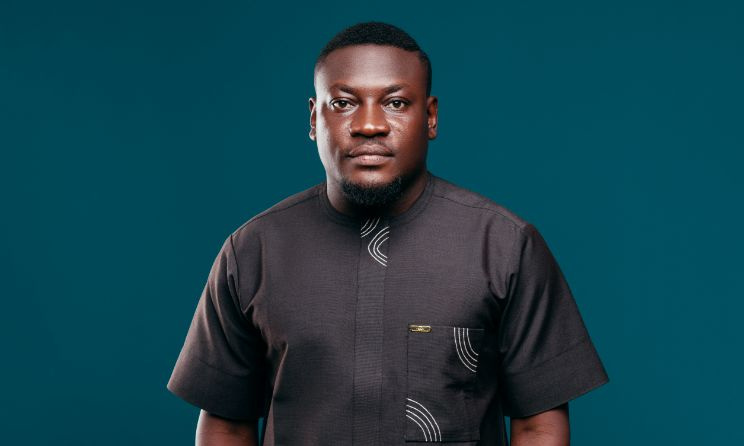 igital music expert Jonathan ‘Jonilar’ Nii Laryea.
igital music expert Jonathan ‘Jonilar’ Nii Laryea.
According to Jonilar, the country has been passive while platforms like Meta and TikTok reported $134bn and $16bn in revenue in 2023, respectively.
“Despite Ghanaian contributions to their growth, they’re often excluded from economic benefits,” he told Music In Africa in an interview.
Laryea, who is also the Ghana country director for Uganda-based aggregator Omziki and convener of the Digital Music Education Seminar series, questions why Facebook, Instagram, Snapchat, and TikTok don’t provide Ghanaian creators with income-earning opportunities like YouTube, which reported in February that it had paid out $70bn in ad revenue to creators, artists and media companies through its Partner Programme. He said the YouTube model underlines the growing importance of fair access to monetisation as social media becomes crucial for businesses and individuals.
In May 2023, following months of testing, Meta announced a performance-based model for creators, allowing them to focus on generation of content and growth. The model debuted with ‘Ads on Reels,’ enabling creators from America, Australia, Canada, and South Korea to earn based on the plays their reels receive.
In December, following negotiations with the Kenyan government, Facebook and Instagram began allowing content creators to earn from their content, expanding monetisation options for more creators in Kenya, the third African country to participate in the Facebook Creator programme after South Africa and Egypt.
Before June 2024, Meta platforms will also enable Nigerian content creators to monetise their content, according to the company’s president of global affairs Nick Clegg.
“Social media platforms have been the biggest influencers of music, events, culture, and lifestyle for the past five to 10 years, and credit goes to musicians and creators,” Laryea said. “If their works are able to be monetised across these platforms, they will be able to earn more, improve production and also connect globally.”
This, he added, behoves key stakeholders, particularly within government, to start discussions on regulations, security and user safety to ensure Ghana can fully participate in social media monetisation programmes and benefit accordingly.
During the second edition of the Digital Music Education Seminar last month, Laryea urged musicians to keep abreast of the latest industry standards and called for government-backed digital music programmes in schools. He also proposed a tax break for media promoting arts, music, and tourism to enhance Ghana’s creative sectors.









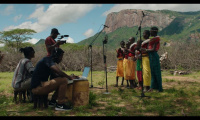
















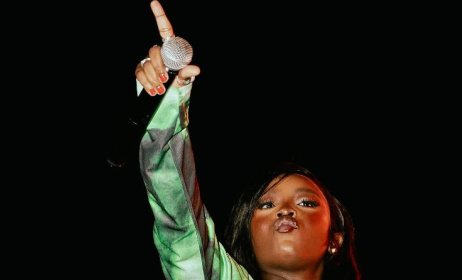
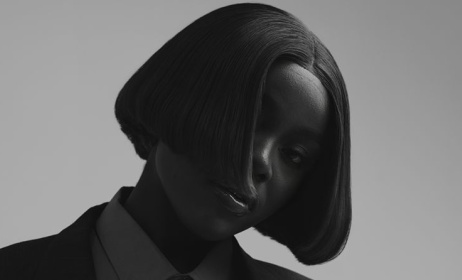
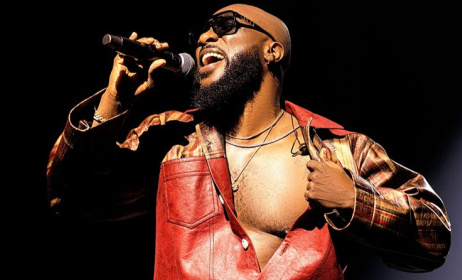
Comments
Log in or register to post comments